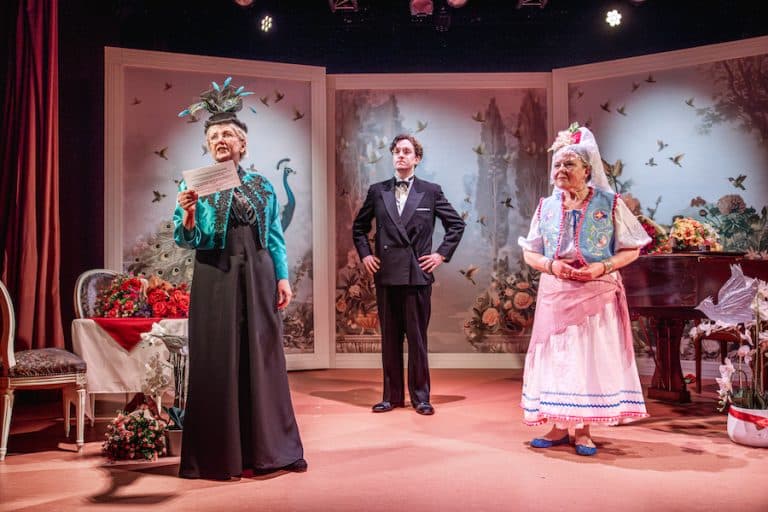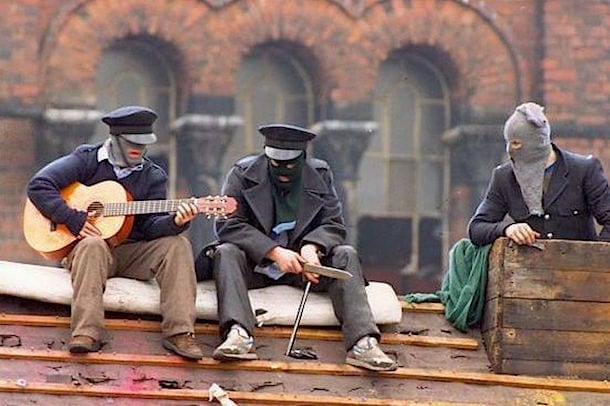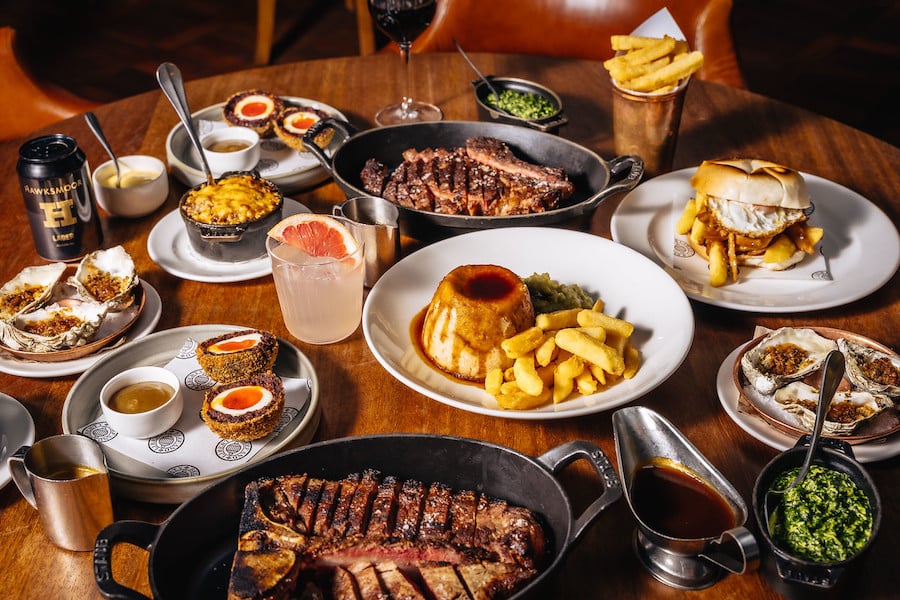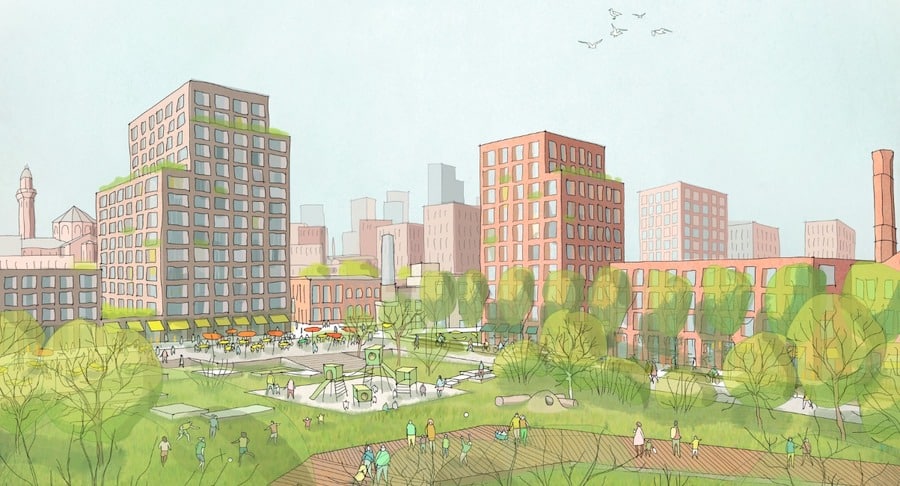Why Manchester is better than London
- Written by I Love MCR
- Last updated 1 month ago
- City of Manchester, Cornerstone, Culture, Featured, Sport
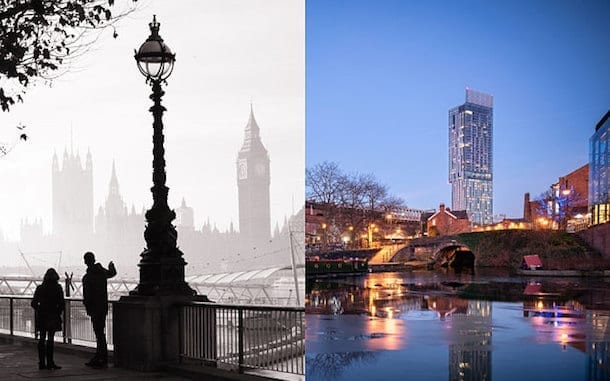
Forget the North vs. South rivalry for a moment and let’s get straight to the heart of the matter: Manchester beats London every time. Not with brashness, but with effortless charm and unshakable confidence. While London strains under its own self-importance, Manchester thrives on authenticity—a city that doesn’t need to prove itself because it’s always been the real deal.
From its industrial foundations to its cultural reinvention, Manchester embodies a spirit that’s hard to rival. It’s a city of innovation and resilience, where history meets modernity and ambition feels like second nature. The streets buzz with creativity, the people are unapologetically themselves, and the cityscape is alive with progress, not posturing.
So, whether it’s the world-changing ideas birthed here, the unbeatable music scene, or just the way Mancunians can make a stranger feel like a mate in seconds, Manchester doesn’t just hold its own against London—it leaves it in the dust.
Why Manchester is better than London

Taking the No 42 bus through the Curry Mile as it becomes Oxford Road, the dome of the Central Library looming ahead, I’m reminded why Manchester will always be home – even though I left the North three years ago for London.
“It’s the people… it’s
that glorious inimitable
swagger that sets
Mancunians apart.”
It’s the people. On the streets below, it’s that glorious inimitable swagger that sets Mancunians apart. We know Manchester is great, but we didn’t try to make it so – it just happened. There’s a nonchalant confidence in the city’s population, in stark contrast to London’s try-hard preening to constantly be superlative.
Embracing everyone
We don’t condescend as the capital does – we don’t pity and patronise those from the shires who wash up on our shores the way Londoners do, we embrace them.
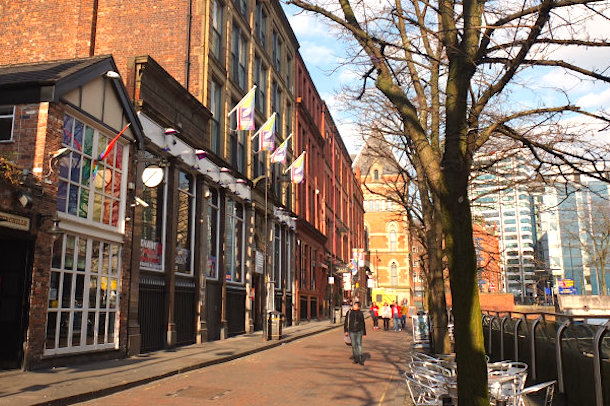
And it’s that blend of friendliness and ultimate comfort in ourselves which makes us so down to earth and able to talk to anyone we meet, crack a joke and rip it the p*** in our own vernacular – and it’s exactly why the place is so much fun.
Add to that how the rent on my one-bedroom flat in north London would get you a three-bedroom house up here – with the immeasurable beauty of the Lake District just an hour away. But there’s so much more to Manchester’s appeal than its residents and residences – and it starts with its foundation as the world’s first modern city, which Benjamin Disraeli called “as great a human exploit as Athens”.
The birthplace of the Industrial Revolution
Because Manchester wasn’t just the birthplace of the industrial revolution. Ever since we built the Ship Canal in the 1890s, bypassing the need for our old mates the scousers and their hefty tax on trade, the city has really been about commerce, and an entrepreneurial spirit still apparent today.
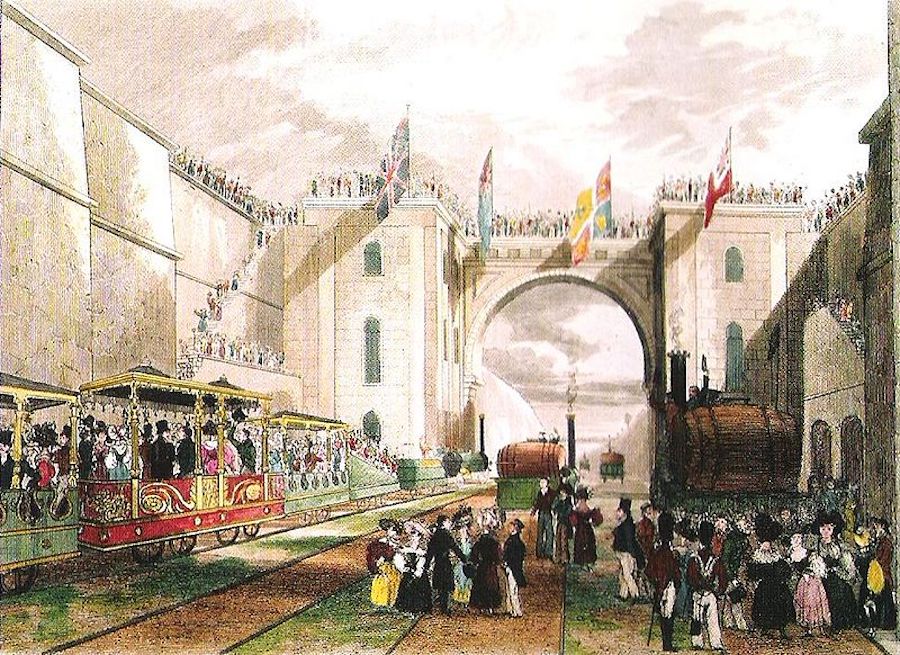
Home of the first passenger railway station, first public library, first Trade Union Congress meeting, and the birthplace of modern vegetarianism and the co-operative movement.
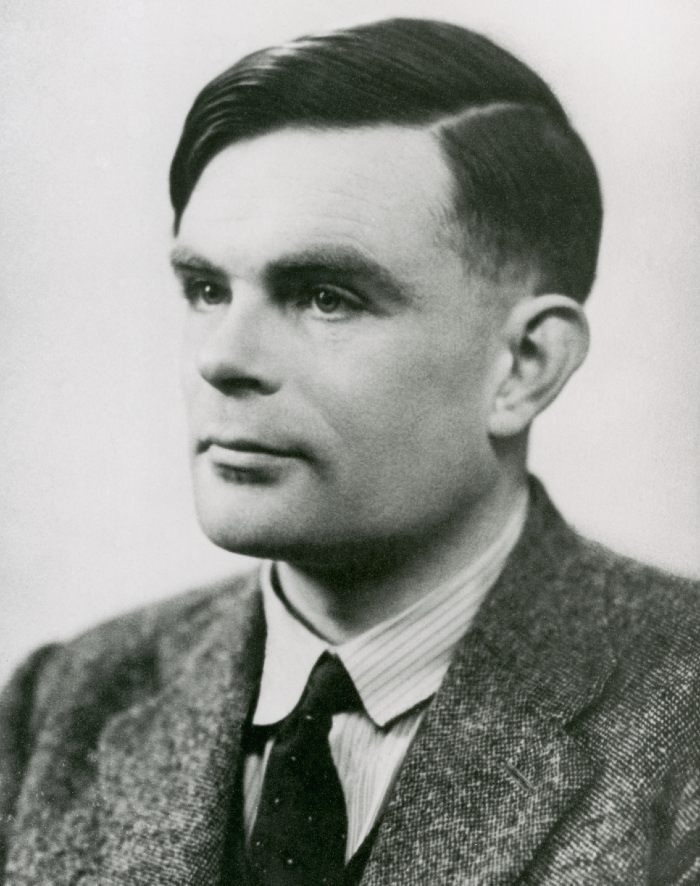
It’s also where the women’s suffrage movement began, where Rutherford split the atom, where Turing built the first computer, where the football league was founded, where Rolls met Royce, Marx met Engels.
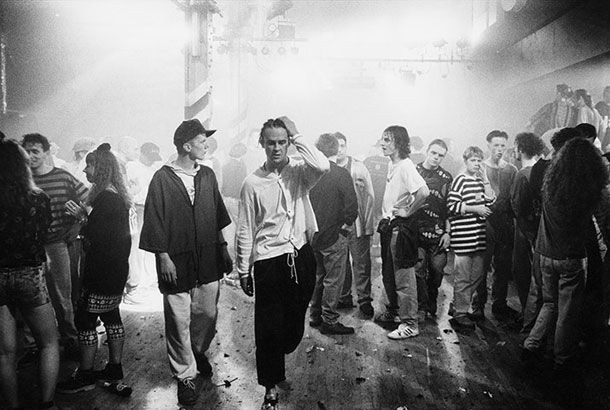
More recently: the Gallagher brothers, the Haçienda, Ryan Giggs’ left foot, I could go on all day. But in truth Manchester is not just about its history – it has big plans for the future, bigger than London’s.
1996 Manchester IRA bombing
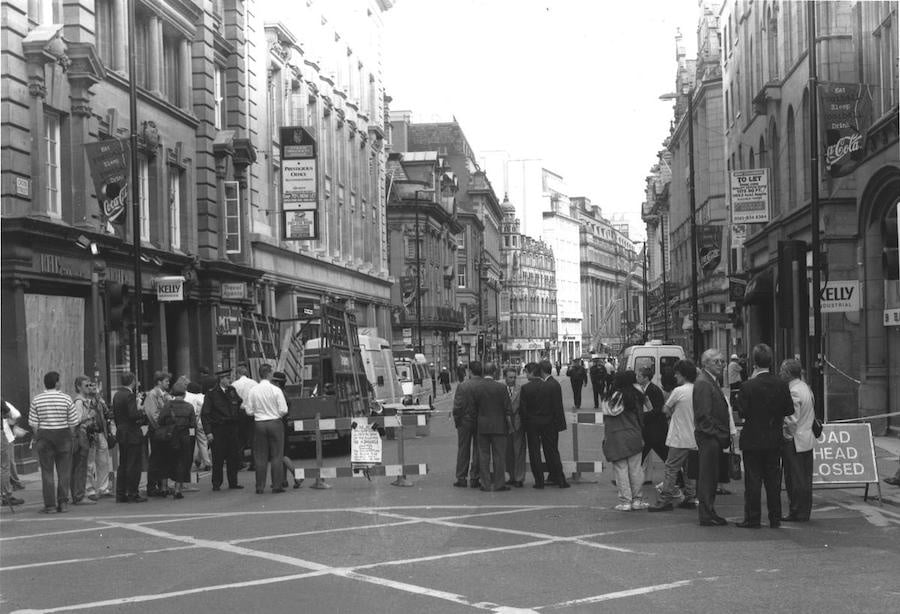
When industry in the region collapsed, Manchester set about reinventing itself, becoming a thriving cultural and sporting city – not even when the IRA bomb ripped its heart out in 1996 could progress be halted. And it continues to this day, with or without George Osborne’s promise of helping to create a “northern powerhouse”.
‘We know Manchester
is great, but we didn’t
try to make it so – it
just happened’
Bob Dylan’s ‘Judas’ Gig at the Free Trade Hall
Take the Free Trade Hall – built at the site of the 1819’s Peterloo Massacre to commemorate the repeal of the Corn Laws, it was bombed out during the Manchester Blitz. Rebuilt as a music venue, it was where a Manc heckled Bob Dylan as a “Judas” in 1966, and a decade later played host to the Sex Pistols gig that changed the world, inspiring the men who went on to found The Smiths, Joy Division and The Fall. It’s now a Grade II listed hotel.
Now overall you couldn’t say Manchester was pretty, but it has a style and a verve retained throughout its transformation, with Ancoats’ Victorian mills, canal-side bars in the Gay Village and glass monoliths like the Beetham Tower existing comfortably next to one another.
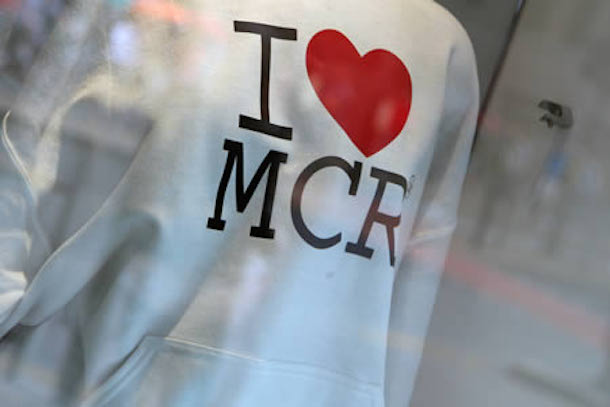
Manchester’s amazing restaurants
Once the city’s Achilles heel – a dearth of fine dining – is no longer an issue, with a host of top chefs like Simon Rogan opening award-winning restaurants.
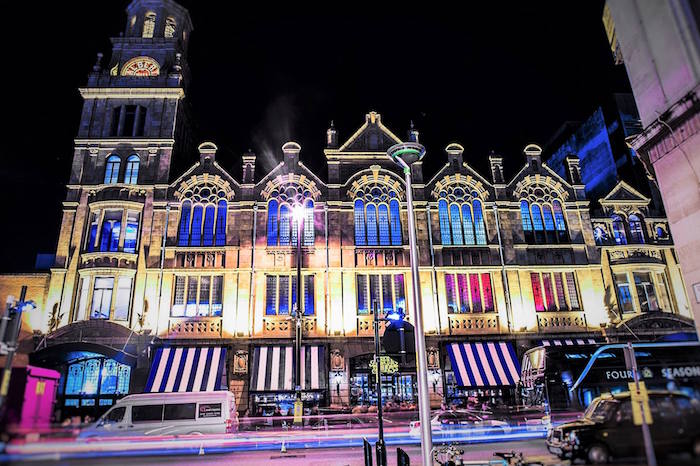
And culturally, the biennial Manchester Arts Festival matches anything in the UK, then there’s innumerable gallery, large and small, museums on war, science, football, class struggles, transport and LS Lowry, a host of theatres and music venues, such as the £42m Bridgwater Hall, Factory International, Albert Hall, LOWRY, Palace and Opera House… the list goes on.
There are no tourist traps here or crumbling edifices preserved in aspic – it’s a city which is alive, evolving organically.
I know because I’ve seen it for myself having walked the length of Manchester many times. A city which has everything (except a beach, as Ian Brown famously noted), yet can still be easily traversed on foot is a joyous thing.
And don’t worry about getting soaked if you come to try it for yourself, because it almost never rains.
Words: Alain Tolhurst for Telegraph Travel
- This article was last updated 1 month ago.
- It was first published on 15 August 2015 and is subject to be updated from time to time. Please refresh or return to see the latest version.
Did we miss something? Let us know: [email protected]
Want to be the first to receive all the latest news stories, what’s on and events from the heart of Manchester? Sign up here.
Manchester is a successful city, but many people suffer. I Love Manchester helps raise awareness and funds to help improve the lives and prospects of people across Greater Manchester – and we can’t do it without your help. So please support us with what you can so we can continue to spread the love. Thank you in advance!
An email you’ll love. Subscribe to our newsletter to get the latest news stories delivered direct to your inbox.
Got a story worth sharing?
What’s the story? We are all ears when it comes to positive news and inspiring stories. You can send story ideas to [email protected]
While we can’t guarantee to publish everything, we will always consider any enquiry or idea that promotes:
- Independent new openings
- Human interest
- Not-for-profit organisations
- Community Interest Companies (CiCs) and projects
- Charities and charitable initiatives
- Affordability and offers saving people over 20%
For anything else, don’t hesitate to get in touch with us about advertorials (from £350+VAT) and advertising opportunities: [email protected]
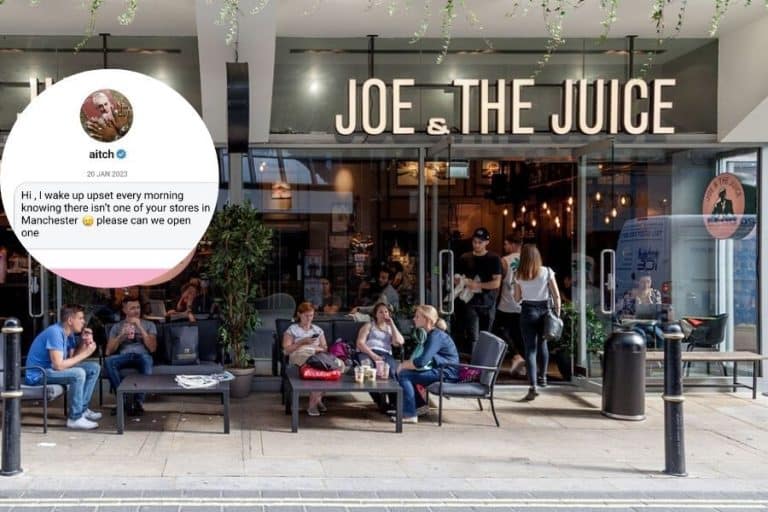
Joe & The Juice is launching a massive Manchester store – thanks to local rapper Aitch
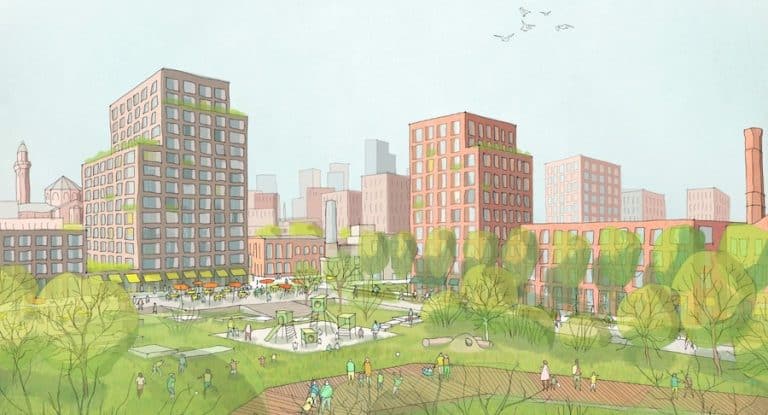
Strangeways could be home to thousands – but there’s one big problem in the way
